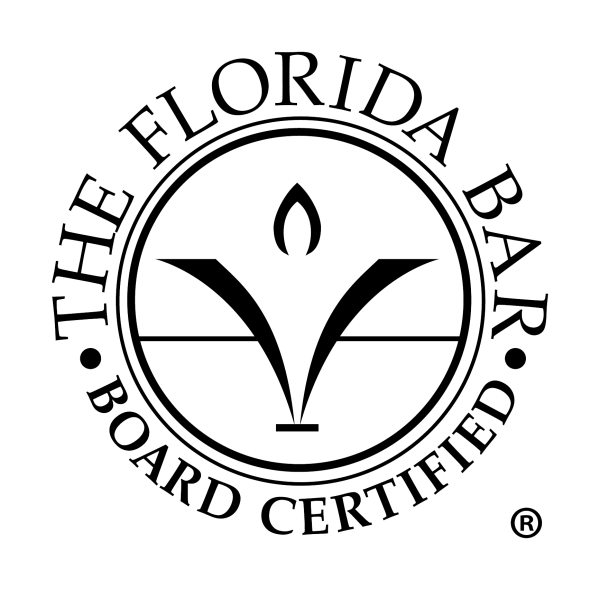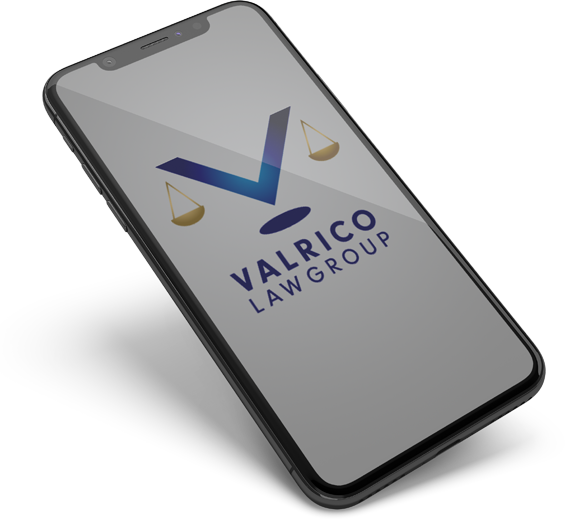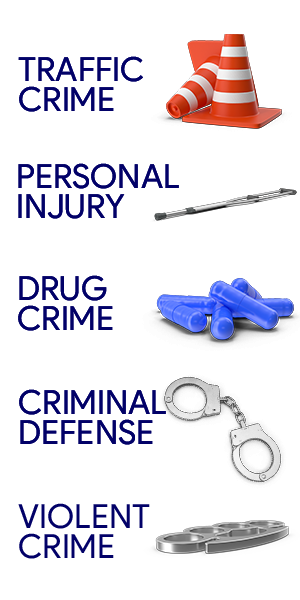Aiding Does Not Necessarily Create a Conspiracy to Traffic
Fla. Stat. 777.04(3) indicates that “[a] person who agrees, conspires, combines, or confederates with another person or persons to commit any offense commits the offense of criminal conspiracy.” In other words, “A conspiracy to traffic is an express or implied agreement or understanding between two or more persons to commit a criminal offense.” Sheriff v. State, 780 So. 2d 920, 921 (Fla. 4th DCA 2001). “To prove the crime of conspiracy, the state must prove an agreement and an intention to commit an offense.” Id.
With regards to trafficking in narcotics, in this case cocaine, the State would be required to prove a person conspired with another to “knowingly sell[ ], purchase[ ], manufacture[ ], deliver[ ], or bring[ ] into this state, or who is knowingly in actual or constructive possession of, 28 grams or more of cocaine . . . .” § 893.135(1)(b)1., Fla. Stat. (2017).
 A conspiracy to traffic can be proven by testimony of a co-conspirator, actions of the parties, or testimony of the third party witness to the formation of the conspiracy. For example, if an undercover agent were to witness a person hand another person narcotics in a vehicle, the person who received in the vehicle then exits and meets the undercover agent, and then that person were to sell to the undercover agent, there’s a good argument that the two people originally in the vehicle had conspired to traffic in the narcotics.
A conspiracy to traffic can be proven by testimony of a co-conspirator, actions of the parties, or testimony of the third party witness to the formation of the conspiracy. For example, if an undercover agent were to witness a person hand another person narcotics in a vehicle, the person who received in the vehicle then exits and meets the undercover agent, and then that person were to sell to the undercover agent, there’s a good argument that the two people originally in the vehicle had conspired to traffic in the narcotics.
However, as a recent case indicates, simply aiding and abetting another to commit a crime (while it is a separate crime) does not prove a conspiracy to traffic.
Gould v. State, 43 Fla. L. Weekly D1778a (Fla. 5th DCA 2018)
“The evidence presented at trial, which included Gould’s testimony, showed that her boyfriend, without any involvement on her part, had previously sold relatively small amounts of cocaine to a police confidential informant (“CI”). For the instant transaction, the boyfriend made arrangements with the CI for the sale of a larger amount of cocaine — one ounce — to take place in the parking lot of a shopping center. Gould’s boyfriend came to her house and insisted that she drive him to the store in his car, even though her own car was available and fully operational. The CI, as agreed between the CI and the boyfriend, was parked in the lot in an easily recognizable, customized Hummer. Upon arriving at the shopping center, Gould circled the parking lot, drove by the Hummer twice, exited the lot, and then returned to circle again. Gould then stopped the car several empty spaces down from the Hummer, after which her boyfriend got out of the car and went to the Hummer. Gould, now alone in the car, moved the car further away from the Hummer, but where it was still within her line of sight. As she sat in the car, Gould appeared to be looking intently at the Hummer while also repeatedly scanning the surrounding parking lot.” Id.
“While that evidence may be sufficient for a conviction of trafficking based on aiding and abetting her boyfriend, it is insufficient to prove a prior agreement or that Gould participated either expressly or impliedly in any preplanning. See Rodriquez v. State, 643 So. 2d 111, 111 (Fla. 2d DCA 1994) (holding that evidence of defendant’s actions as driver and knowledge of drug deal were insufficient to prove conspiracy); Gray v. State, 526 So. 2d 1020, 1021 (Fla. 5th DCA 1988) (holding there was no conspiracy when there “was no proof of any prearrangement, any prior discussions or plans or anything else done in preparation”);  Ashenoff v. State, 391 So. 2d 289, 291 (Fla. 3d DCA 1980) (holding that, while acts may present a prima facie case of aiding and abetting, they do not constitute conspiracy where there is no showing of both an agreement and an intent to commit offense). See also McCants v. State, 587 So. 2d 673, 673 (Fla. 1st DCA 1991) (“Although such proof [of conspiracy] may sometimes encompass circumstantial evidence, a conspiracy may not be inferred solely from conduct which merely aids and abets an offense.”).
Ashenoff v. State, 391 So. 2d 289, 291 (Fla. 3d DCA 1980) (holding that, while acts may present a prima facie case of aiding and abetting, they do not constitute conspiracy where there is no showing of both an agreement and an intent to commit offense). See also McCants v. State, 587 So. 2d 673, 673 (Fla. 1st DCA 1991) (“Although such proof [of conspiracy] may sometimes encompass circumstantial evidence, a conspiracy may not be inferred solely from conduct which merely aids and abets an offense.”).
Without proof that Gould participated in the planning of any aspect of this transaction, there is insufficient evidence to prove an agreement existed between Gould and the boyfriend to traffic in twenty-eight grams of cocaine. Without the presence of an agreement, there can be no conspiracy. See, e.g., Sheriff, 780 So. 2d at 922 (reversing conviction for conspiracy when state failed to prove essential elements).
Call Us Today!
Adam L. Bantner, II is a board certified criminal trial law attorney. His expertise can help you if you find yourself faced with a conspiracy charge. Call us today at 813.397.3965!

Adam Bantner – Criminal Defense Attorney at Law
If you are in need of an expert criminal defense attorney specializing in legal defense against DUI, traffic, criminal, violent crime charges, or a personal injury – you’ll find it here.
Adam L. Bantner, II is a Board Certified Criminal Trial Attorney representing those accused of crimes in Hillsborough and Polk counties. He is the Past President of the Hillsborough County Association of Criminal Defense Attorneys., is a Super Lawyers Rising Star, and AVVO rated “Superb.” Adam is a member of Valrico Law Group.
Request a Consultation


Adam Bantner, II is a Board Certified Criminal Trial Law Attorney representing those accused of crimes in Hillsborough and Polk Counties. When you are facing criminal charges, you want an expert in your corner. The Florida Bar has recognized Adam as an expert criminal defense attorney.
I have been defending the accused since 2006 and am Past President of the Hillsborough County Association of Criminal Defense Attorneys.
I have tried over 30 jury trials, on charges ranging from driving on a suspended license to murder.
In addition, I am a Brandon personal injury attorney. If you’ve been injured through no fault of your own, give me a call to see how we can help!
I approach each case on the principle that every client deserves zealous representation, with attention to detail and to their individualized needs. My mission is to get the best possible result for every client, in every case, every time. Give me a call to see how I can assist you to get the best results in your case. I are here to help.

